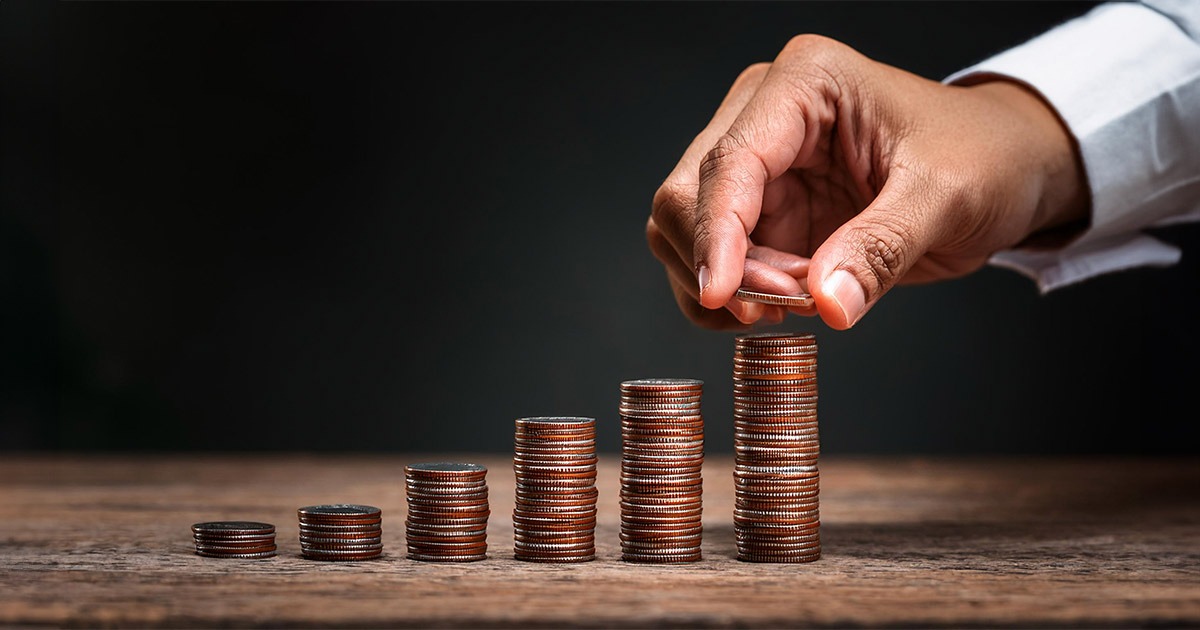Ten Ways Pinching Pennies Can Actually Cost You More Over Time
Although it may seem like going with the cheapest option is the best way to save money, this is not always true. In fact, trying to save money is usually followed by higher expenses. That’s why they say you get what you pay for.

Saving money is good but sometimes being frugal can turn into cheap that has a profound impact on people lives. Here are some scenarios where being penny wise and pound foolish:
1. Avoiding Routine Medical Appointments
High co-pays and deductibles can discourage one from regular medical check-ups, however foregoing routine care could lead to expensive procedures later. For example not visiting dentists can lead to costly operations such as deep cleanings, crowns or implants; additionally other than financial implications this inattention also affects your well-being. Early detection and prevention are both critical for good health as well as financial success proving that prevention is better than cure.
2. Substituting Cable with Numerous Streaming Services
Unplugging might save you a little in the beginning but these days there many options for streaming – which could add up quickly over time with all those choices! While Netflix was what most began using, today there are many other alternatives available in the market. According to CNET, 25% of US homes subscribe to more than nine streaming services.At least this would mean you pay same or more compared to your previous cable bill.Do some stock taking on what you watch and mix a traditional TV package with a couple of key streaming services.If nothing else review your subscriptions every month and cancel any no longer needed.According to CNBC customers usually spend $133 each month more on subscriptions than they realize whereby 42% of them pay for services they are no longer using.
3. Buying Used Car Without Research
Though buying a second-hand car might be an affordable option if proper research isn’t done expensive repairs might be incurred. Not all used cars are the same, some of them could require costly repairs or come from defunct manufacturers. To avoid costly surprises use things like car histories and average repair prices available at Kelley Blue Book.
4. Inadequate Insurance Coverage
Skimping on insurance to save money can have serious consequences whether it is health, dental, auto or home coverage. Cheap insurance may fail to offer sufficient coverage while high deductibles may lead to huge out-of-pocket payments when emergencies arise. For comprehensive risk transfer, Money Talks News advises that you should be fully insured.
5. Shopping Just Because It’s On Sale
While you might think it is worth it to buy something just because it has been marked down in price but actually this is a wasteful spending habit. A sale is only useful if it is for something you really desire or need. Don’t give in to any temptation about items sold on sales and instead consider whether you would buy it at full price.
6. Neglecting Car Maintenance
Avoiding basic car maintenance as a way of saving money may lead to inflated repair bills and great safety risks too.Higher repair costs and danger of accident due to neglected regular service.The more regular the maintenance routine the less likely you are going to face bigger mechanical difficulties with your vehicle. Negligence towards maintenance could cause accidents that can be prevented along with break downs as well if we let them go.
7. Buying Everything at Warehouse Clubs
Even though warehouse retailers offer great discounts, bulk buying requires careful thinking. Buying things that will expire before use or have insufficient storage space can negate any savings. Always check expiration dates and per unit costs for assurance on the best bargains.
8. Driving Around Town to Find the Cheapest Gas
Searching for lowest gas prices by driving all over the place is wastage of both time and petrol. Instead, try using apps such as Gas Guru and GasBuddy which will give you the best deals in your area without leaving home.
9. Purchasing Cheap Consumer Goods
Cheaply priced consumer goods are often of low quality. They may quickly break or wear out with need of frequent replacement thereby raising long-term costs. It is possible to cut back on your future expenditures by investing in better quality items like thicker towels.
10. Couponing Items You Don’t Need
Coupons can result in unwise spending. Just use coupons for things you really need to avoid wasting cash on stuffs that would never get used. Concentrate on actual reductions in prices of essential goods.
The Bottom Line
However, even well-meaning practices such as couponing and shopping sales could end up being more expensive.That’s why always ensure you get good value for money and avoid cutting corners that compromise quality, health or safety.You should not put your wellbeing and happiness at stake just because you want to save money.






